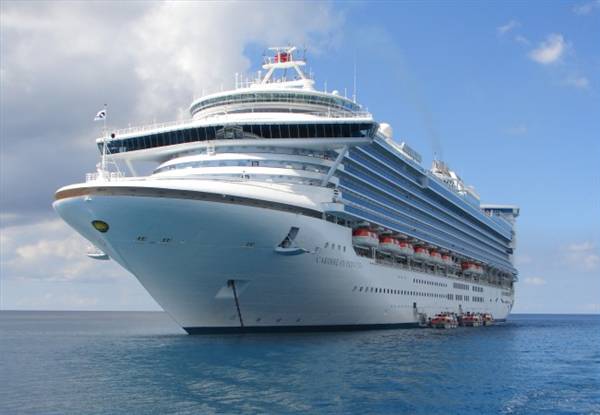A federal judge in Illinois signed off on the $76 million settlement deal finalizing a class action lawsuit against Caribbean Cruise Line on Thursday.
A federal judge in Illinois signed off on the $76 million settlement deal finalizing a class action lawsuit against Caribbean Cruise Line on Thursday. The lawsuit had alleged that the cruise line placed millions of unsolicited robocalls to market free cruise tips. This marketing spree was in violation from the Telephone Consumer Protection Act. In 2012, the Federal Communication Commission began to require telemarketers to obtain prior written consent from consumers before robocalling them, to do away with “established business relationship” as an exemption and to provide an opt-out alternative during each robocall.

U.S. District Judge Matthew Kennelly signed off on the agreement with the Fort Lauderdale, Florida, based Caribbean Cruise Lines Inc., the Berkley Group Inc., and Vacation Ownership Marketing Tours, who were involved in the robocalling, pending that the court give prior approval to any gifting of unclaimed settlement funds. He had preliminary approved the settlement in September. The cruise line was initially ordered to pay between $56 million and $76 million.
The case was originally filed in Chicago federal court to provide remediation for anyone who experienced the unwanted robocalling offering a “free” cruise in exchange for taking a political survey during a one year span between August 2011 and August 2012. It was brought about by Chicago residents Grant Birchmeier and Stephen Parkes. The two plaintiffs claimed the company had called them multiple times on their cell phones. Parkes received up to nine calls from Political Opinions of America, operating under the Caribbean Cruise Line. He attempted to remove himself from the call list by using the automated prompts, but was unsuccessful. His inability to successfully opt-out of the robocall is in direct violations of the federal act.

Ultimately, anyone who received one or more of the automated phone calls was included in the class action lawsuit, which alleged that the survey was a “scam” and no more than a “marketing tool with no legitimate political basis.” Those that fell for the gimmick were immediately transferred to a Caribbean Cruise Line customer service representative. This individual further duped the caller into booking a free cruise while the representative up sold pricey accommodations if the individual agreed to attend a sales presentation for the resort condominium complex owned by the Berkley Group, a Florida-based co-defendant. If the individual agreed, by the end of the call, he or she was booked for a cruise and a sales presentation which was anything but “free”. The answers to the political questions were simply disregarded.
Caribbean Cruise Line doesn’t even operate its own ships. The representatives instead booked callers on Celebration Cruise Line. The two are based in the same office building in Fort Lauderdale and have a close working relationship.
Anyone who received the calls is eligible to receive several hundred dollars per call until the funds are exhausted. If a number is not listed in the defendant’s records, the claimant can still provide a phone bill or other piece of evidence to certify inclusion in the class.
Sources:
$76M Cruise Robocall Class Settlement Gets Final Approval
That ‘free cruise’ robocall could get you up to $500 as part of $76M settlement


Join the conversation!